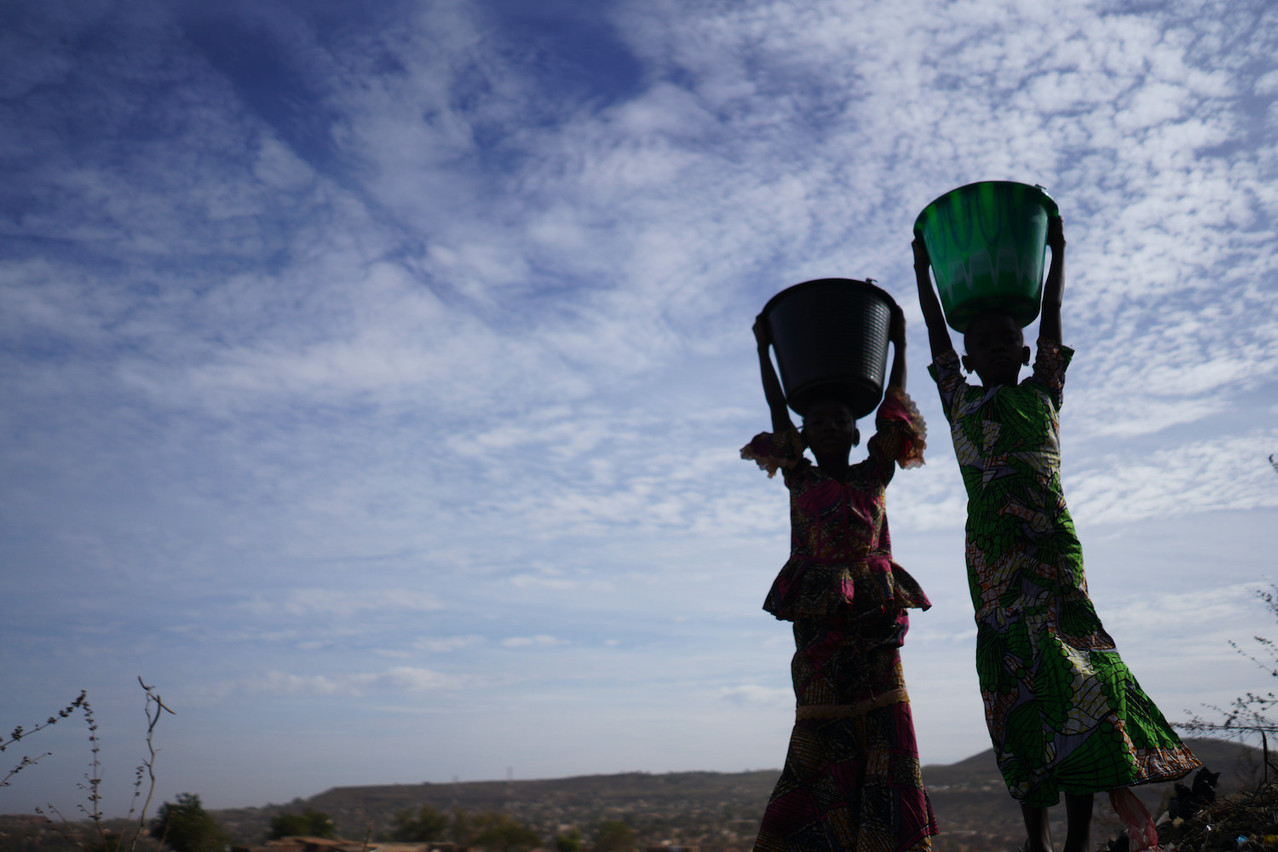The grand duchy is already present in the region, which includes Burkina Faso, Mali and Niger, in the field of cooperation development but also with soldiers on the ground as part of .
“Despite vast investments by the international community […] there is little evidence to suggest that these efforts have contributed to a reduction in violence,” a statement by the ministry published on Tuesday said.
The 18-month project aims to tackle root causes of conflict including land and natural resources. Luxembourg is contributing €596,000 with further more such projects planned, a ministry spokesperson told Delano.
“Environmental peace-making seeks to pursue more effective prevention and resolution of conflict by addressing core climate, environmental and natural resource drivers of conflict,” the statement said. “This includes bringing divided communities together and support them to find new ways for sharing and governing the natural resources.”
Luxembourg has long been lobbying for climate spending to be counted as defence spending under Nato rules, arguing that it helps prevent conflict. All Nato members in 2014 pledged to spend 2% of GDP on their militaries but Luxembourg is far from achieving this target despite plans to raise expenses to 0.72% by 2024.
"We are convinced that by finding a way to integrate land and natural resources governance into existing peace-making approaches, we will contribute to significantly increase the chances of peace in the Sahel region,” said defence minister François Bausch (déi Gréng). “I hope that the lessons learnt through this project will also contribute to a more comprehensive approach in our foreign, security and defence policy.”
The European Institute of Peace (EIP) is a non-profit conflict resolution organisation. “We hope it will inspire new ways of operating--in the region and beyond--that are based on solving and preventing conflicts by addressing the needs of people, and the root causes of conflict and insecurity,” director of piece practice Paul Seils said of the project.
The third partner, TrustWorks Global, is a social enterprise in the field of conflict resolution. “We are delighted to be partnering with Luxembourg and EIP on this important new initiative. We look forward to working with diverse local, national, regional, and international partners on the ground to advance environmental peacemaking,” said founder and director Josie Lianna Kaye.
